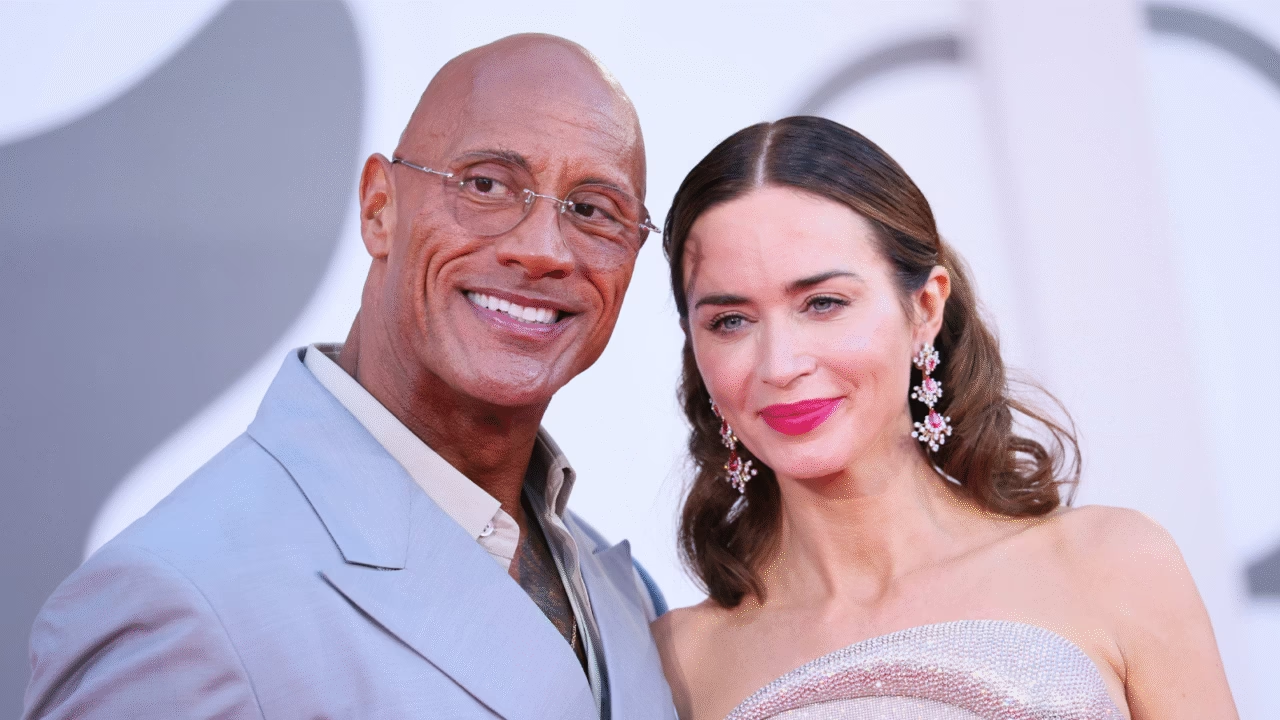When you think of Dwayne “The Rock” Johnson, it is likely that you envision thrilling action scenes, daring skyscraper leaps, high-speed car chases, or him rescuing the world from various calamities. From Fast & Furious to Jumanji and Black Adam, Johnson has established himself as Hollywood’s premier action star. However, the global icon recently disclosed an aspect of his career that fans seldom hear about—being typecast solely as an action hero.
In a frank interview, Johnson expressed that although he appreciates his tremendous success, there is a downside: “This is what Hollywood wants you to be.” Those words resonate deeply as they underscore a challenge that many actors encounter—the conflict between personal development and industry typecasting.
The Rise of The Rock
Johnson’s path is truly motivational. Emerging from modest beginnings in professional wrestling, he made the leap into acting with roles that leveraged his larger-than-life image. Hollywood quickly recognized his potential as a reliable action star, leading to a flood of roles. From The Scorpion King to the high-octane Fast & Furious series, he became a box-office sensation.
However, this success brought its own set of challenges. While audiences celebrated him in these blockbuster films, Johnson notes that Hollywood frequently overlooked his versatility and character beyond the action genre.
Typecasting in Hollywood
Typecasting is not a new phenomenon in Tinseltown. Action stars often find themselves trapped in a repetitive cycle—Arnold Schwarzenegger was labeled as “the muscle,” Bruce Willis as “the everyman hero,” and Sylvester Stallone as “the fighter.” Johnson, with his impressive stature and magnetic charisma, perfectly embodied the action-hero archetype.
Nevertheless, as he pointed out, this also imposes restrictions. By being consistently confined to the same role, actors risk missing out on opportunities to display vulnerability, emotional complexity, or even comedic talent. For Johnson, who possesses a natural comedic flair and has already showcased his charm in films like Central Intelligence and Moana (where he voiced Maui), it is evident that he has much more to contribute than just action.
Breaking the Mold
In spite of Hollywood’s determination to confine him to action roles, Johnson has made efforts to broaden his career. His performances in family-oriented films such as Tooth Fairy and Jungle Cruise revealed lighter aspects of his character, while Ballers, his HBO series, provided him the opportunity to delve into drama within the realm of sports management.
Nevertheless, both audiences and studios continue to draw him back to the same archetype—the invincible action hero who triumphs in crises. Johnson is now candidly recognizing the difficulty of escaping that pattern.
Why It Matters
For an actor like Johnson, who has established one of the most prosperous careers in contemporary Hollywood, acknowledging typecasting highlights the industry’s inclination to favor stereotypes over development. It serves as a reminder that even global icons can experience limitations due to the roles presented to them.
Dwayne Johnson will forever be cherished as one of the finest action stars of his era. However, his candidness regarding typecasting is invigorating—it reflects his desire to venture beyond mere explosions and combat sequences. As Hollywood progresses, fans aspire to witness Johnson in roles that challenge his limits, offering us not just the action hero we are familiar with, but also the multifaceted performer he aspires to be.
Ultimately, The Rock is capable of anything—Hollywood simply needs to allow him to showcase it.

